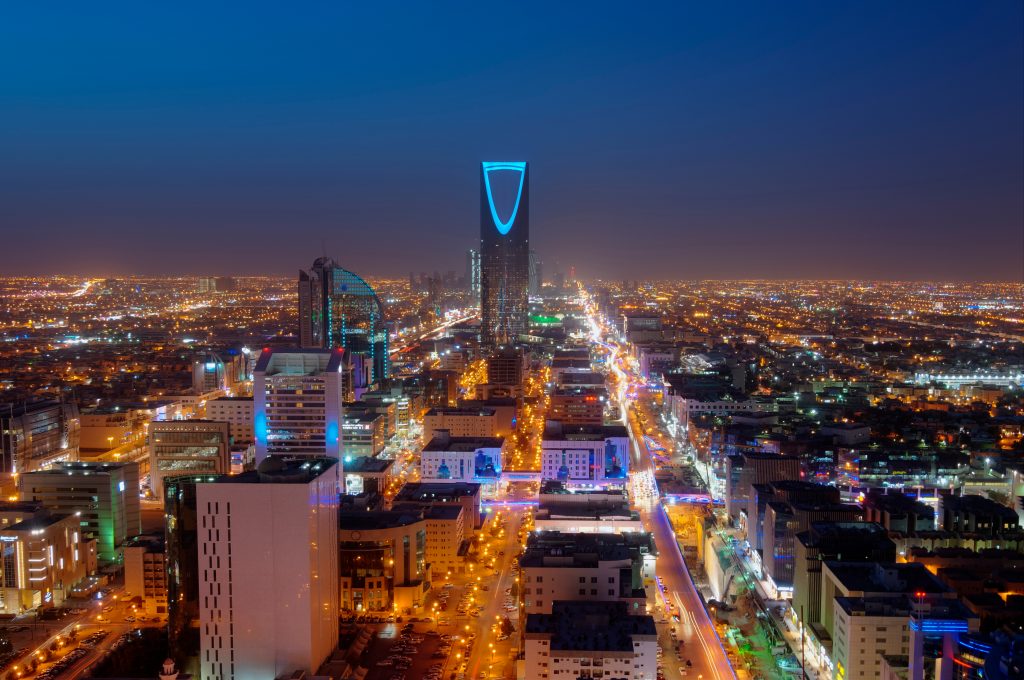
- ARAB NEWS
- 09 Jul 2025

Arab News Japan
DUBAI: Saudi Arabia’s Ambassador to Japan Naif bin Marzouq Al-Fahadi spoke about the progress of the Kingdom’s progress in its fight against coronavirus and its goals for the Vision 2030 initiative, at an event held at the Japanese Institute for Middle East Research.
The ambassador also spoke on Saudi Arabia’s regional policies and its peace endeavors between regional and international parties, as well as its role in supporting a legitimate government in Yemen.
Al-Fahadi said that the when the Saudi Vision 2030 launched in 2017, it placed an emphasis on a vibrant society and prosperous economy – including privatizing some sectors to ensure high employment rates, enhancing social responsibility, and improving government sectors’ performances in protecting vital resources.
Developing and diversifying sources of income and reducing dependency on oil was also a crucial part of Vision 2030. Al-Fahadi said that the Kingdom has “so far succeeded in achieving great progress in this area within the framework of the economic reform process aimed at building multi-source financial resources, so non-oil revenues jumped to high levels.”
According to the ambassador, there was a 22 percent annual increase in the growth of non-oil revenues. He added that the figures indicate that while maintaining the current growth rate, Saudi Arabia could reach 1 trillion SAR (about 27.8 Yen) in non-oil revenue by 2030.
Saudi Arabia took corrective measures in order to reduce the negative impact on its economy due to the coronavirus pandemic and the low oil prices.
The Saudi Vision 2030’s progress shows that Saudi leadership is keen to preserve the rights of all and to push for gains for the benefit of all citizens and residents, Al-Fahadi said.
“For example, we see Saudi women today occupy leadership positions in the governmental and private sectors and enjoy the same opportunities as men,” he explained.
After the coronavirus pandemic broke out in the entire world, Saudi Arabia was one of the first countries to take strict precautionary measures to reduce rising infections.
The strict measures were the main reason for the reduced negative impact on the country and the limited infections and deaths compared to other countries around the world, Al-Fahadi said.
The ambassador stressed that the society in the Kingdom adapted to the new way of life, whether it be in terms of health or economy.
“The Saudi people understand the economic measures that forced the government to reduce the impact of the virus outbreak on the economic sector,” he said. “The government has worked to support the private sector at all levels and has taken a number of financial or organizational support steps. Everyone has seen the efficacy and efficiency of these measures by controlling the outbreak of the epidemic and limiting its negative effects on the economy.”
Saudi Arabia is constantly working on maintaining peace in the Middle East region and “strengthening relations in a way that serves common interests with world countries, establishing cooperation relations with friendly countries and playing an active role within the framework of regional and international organizations,” Al-Fahadi said.
“The Kingdom has a great future project to serve the interests of its people, and its [the Kingdom’s] keenness for peace is attested to by its actions on the international scene,” the ambassador added.
Al-Fahadi said that Iran’s regime has been “creating chaos in a number of countries in the region.”
He added that the Kingdom called for the cooperation of the international community to “address the threat that the hostile Iranian policies pose to security and peace.”